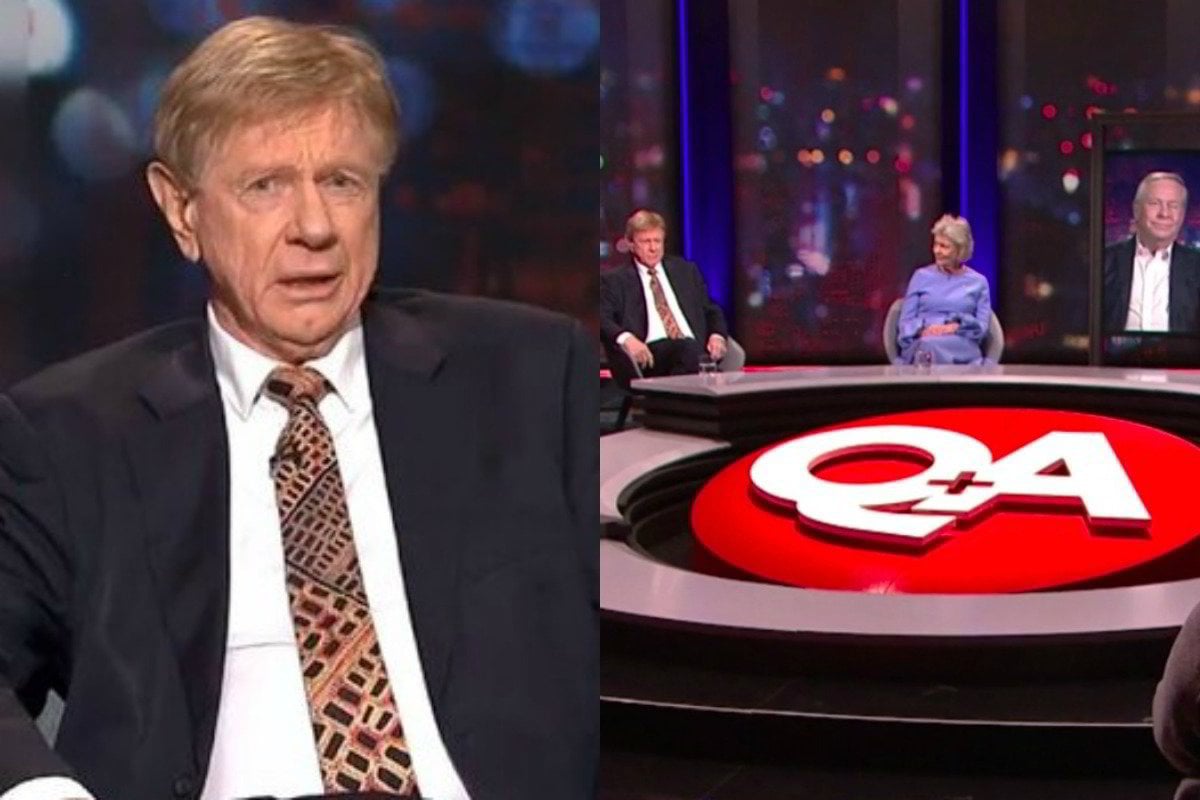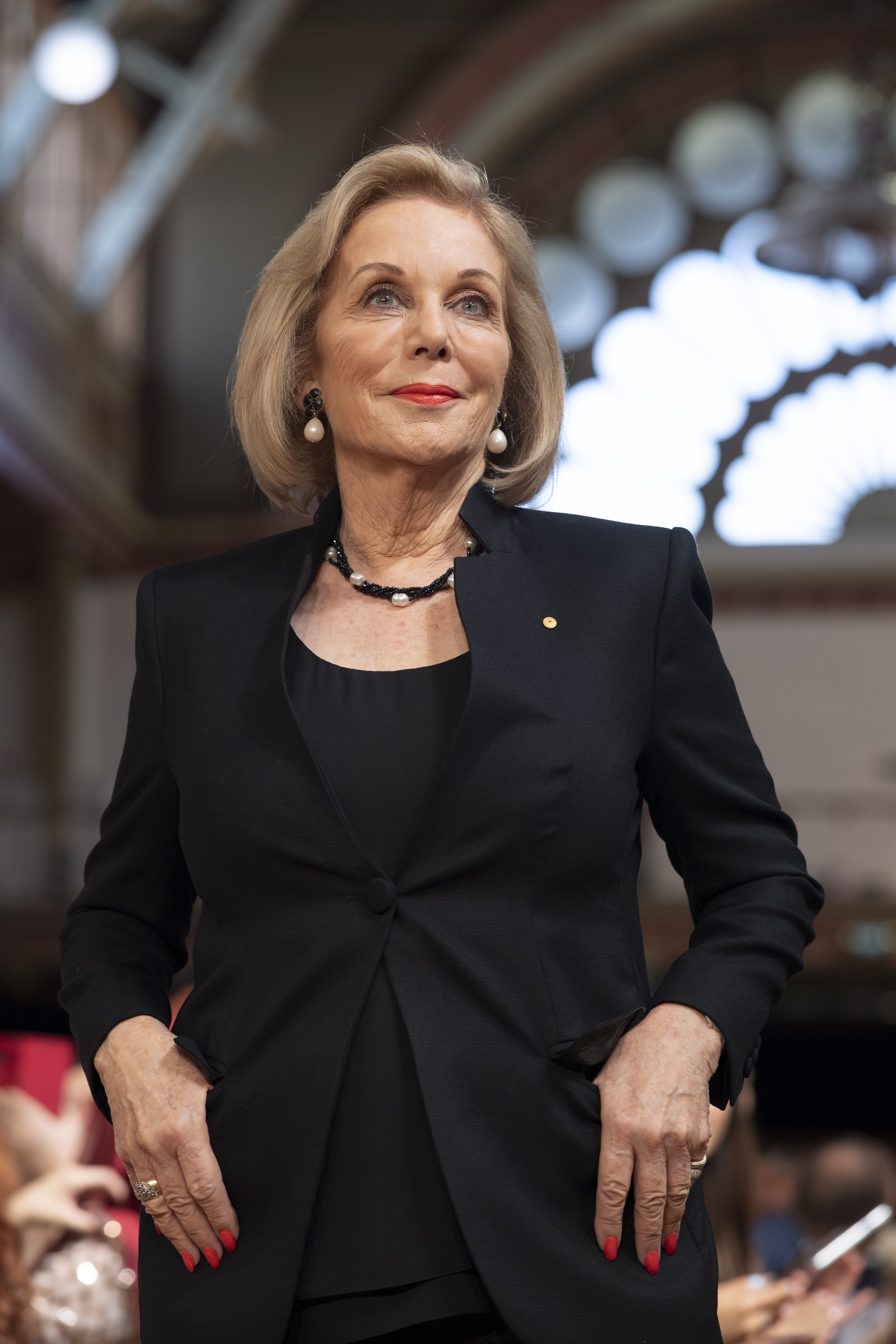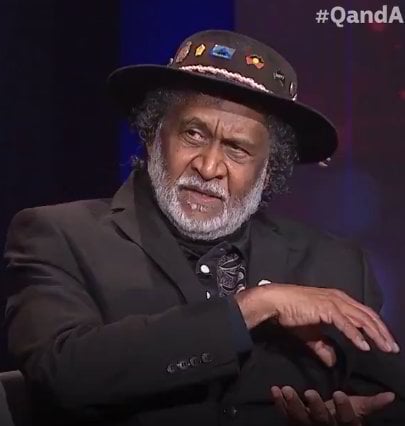
We've all heard it before... Gen Y and Z are all just "selfish" and "entitled," and always on the lookout for their next hug.
We're the product of a generation of helicopter parenting brought up in the privilege of a technologically advanced world.
But with 2020 completely turning everything we've ever known on its head, the once loud cries of Millennials being "soft" when compared to their parents and grandparents, has been dwarfed as the pandemic highlights the many challenges that lie ahead.
Last night on ABC's Q&A, an 'all-Boomer' panel shared their fears for the generations beneath them.
WATCH: Kerry O'Brien said Baby Boomers were "lucky" on ABC's Q&A. Post continues after.
In Australia, there has been an ongoing social discussion on the wealth of some of the older generation versus that of struggling younger generations, with Millennials at a loss as to how they'll ever, for example, own their own home.
Many, as host Hamish McDonald pointed out, look at Boomers with envy because they "got a great deal on education, they got a great deal on their home, they got a great deal on superannuation and are having a great time in retirement".



Top Comments
We're the product of a generation of helicopter parenting brought up in the privilege of a technologically advanced world."
I mean, this is such a stupid argument, because its always the Boomers and Xers who make it yet...... If this is true , then who parented these selfish, entitled, privileged kids? Who gave out the participation trophies to all the Millennials? Oh yeah, the Boomer and Xer parents!!!!!